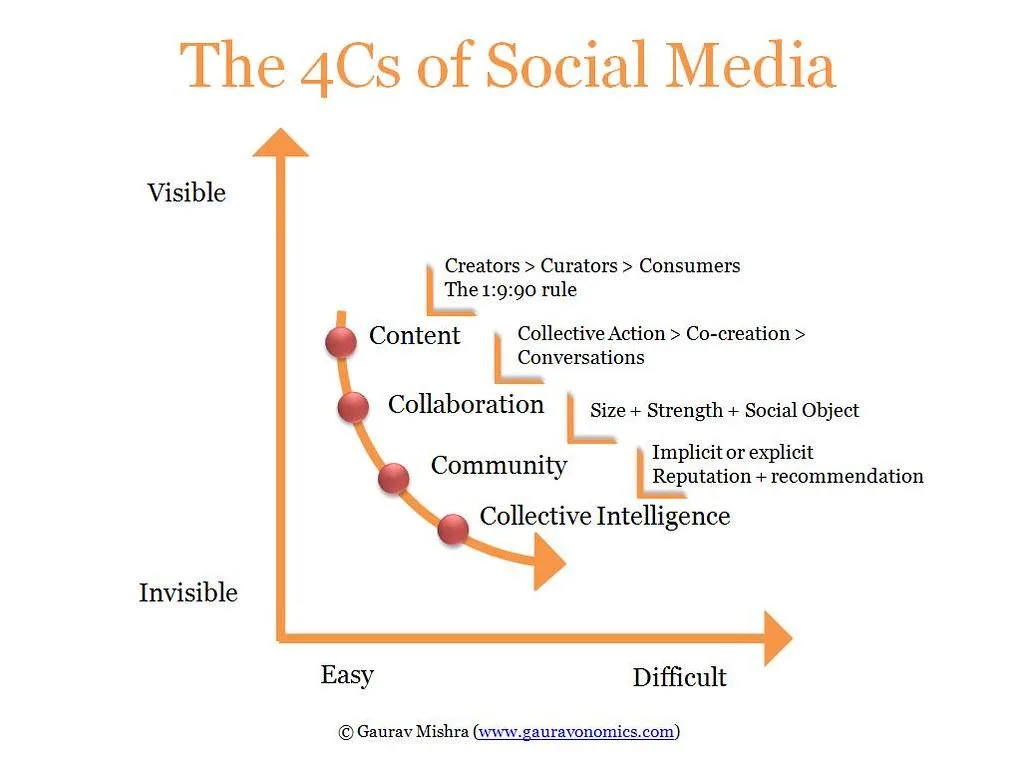In the complex web of relationships and transactions that define modern society, trust is the cornerstone upon which all interactions are built. As experienced legal professionals at Morgan Legal Group in New York City, we understand the importance of trust in both personal and professional settings. In this article, we will delve into the fundamental principles of trust by exploring the 4 C’s – competency, consistency, communication, and care. Join us as we unravel the intricacies of trust and its critical role in the legal realm.
Establishing Trust in Relationships: Understanding the 4 C’s
Establishing trust in relationships is crucial for maintaining healthy and long-lasting connections. To achieve this, it is important to understand the 4 C’s of trust. These principles serve as the foundation for building strong and meaningful relationships that stand the test of time.
The 4 C’s of trust are Consistency, Communication, Commitment, and Compassion. Consistency in behavior and actions helps establish reliability and predictability in relationships. Open and honest communication fosters understanding and connection between individuals. Commitment shows dedication and loyalty to the relationship, while compassion demonstrates empathy and understanding towards others’ feelings and needs.

The Four Key Components of Trust: Clarity, Consistency, Competence, and Compassion
Trust is a critical component in any relationship, whether it be personal or professional. In order to build and maintain trust, there are four key components that must be present: Clarity, Consistency, Competence, and Compassion.
Clarity ensures that both parties have a clear understanding of expectations, roles, and responsibilities. Consistency involves following through on promises and actions over time. Competence is the ability to perform tasks effectively and with expertise. Lastly, compassion demonstrates empathy and understanding towards the other party’s feelings and needs. When these four components are present, trust can be established and nurtured for a strong and successful relationship.

Navigating Trust Issues: Practical Strategies and Best Practices
Trust is a foundational element in any relationship, whether personal or professional. To cultivate and maintain trust, it is crucial to understand the 4 C’s of trust: **Consistency**, **Clarity**, **Competence**, and **Communication**. Consistency in actions and behaviors builds reliability and predictability, essential for trust to flourish. Clarity in intentions and expectations helps avoid misunderstandings and confusion, fostering transparency and accountability. Competence in fulfilling responsibilities and commitments showcases capability and reliability, crucial for building trustworthiness. Effective communication, both listening and expressing oneself clearly, is key in establishing mutual understanding and respect, fundamental for trust to thrive.
In order to navigate trust issues successfully, it is imperative to implement practical strategies and best practices that align with the 4 C’s of trust. Foster consistency by setting clear boundaries and sticking to agreements, demonstrating reliability and dependability. Enhance clarity by being upfront and honest in all communications, ensuring alignment of expectations and intentions. Showcase competence by delivering on promises and commitments, demonstrating capability and reliability. Prioritize open and honest communication to address any misunderstandings or concerns promptly, fostering a culture of trust and mutual respect within relationships.
Building Trust: A Foundation for Successful Relationships in Business and Personal Life
Trust is the cornerstone of any successful relationship, whether in business or personal life. In order to build and maintain trust, it is important to understand the 4 C’s of trust: Consistency, Communication, Competence, and Caring. Consistency is crucial because it shows that you are reliable and can be counted on to follow through on your commitments. Communication is key to building trust, as open and honest communication fosters understanding and transparency. Competence is important because it demonstrates that you have the skills and expertise necessary to fulfill your responsibilities. Finally, Caring is essential because it shows that you genuinely care about the well-being and success of the other person.
In business, trust is essential for fostering strong relationships with clients, partners, and colleagues. Without trust, it is difficult to establish credibility and credibility is crucial for attracting and retaining clients. In personal life, trust is the foundation of strong friendships and intimate relationships. By embodying the 4 C’s of trust, you can cultivate strong and lasting relationships built on mutual respect and understanding. Trust is not easily earned, but by consistently demonstrating Consistency, Communication, Competence, and Caring, you can lay a solid foundation for successful relationships in both your business and personal life.
Q&A
Q: What are the 4 C’s of trust?
A: The 4 C’s of trust are consistency, competence, care, and communication.
Q: Why is consistency important in building trust?
A: Consistency in actions and words helps to establish a sense of reliability and predictability, which are crucial for building trust.
Q: How does competence play a role in trustworthiness?
A: Demonstrating competence in your skills and abilities builds credibility and trust in your capabilities.
Q: Why is showing care important for earning trust?
A: Showing care for others’ well-being and interests demonstrates empathy and builds a strong emotional connection that fosters trust.
Q: How does effective communication contribute to building trust?
A: Transparent and open communication builds understanding and helps to establish a sense of honesty and reliability, essential components of trust.
The Way Forward
In conclusion, understanding the 4 C’s of trust – competence, consistency, communication, and care – can help us build stronger relationships, both personally and professionally. By embodying these qualities, we can create a foundation of trust that fosters respect, loyalty, and mutual understanding. So remember, whether you’re a leader, a friend, or a partner, practicing the 4 C’s of trust is essential for cultivating meaningful connections and thriving communities. Trust in, trust out.






